Booking shows is usually worse than applying for jobs. At least companies have the decency to say, “It’s not a good fit.” Venues? They just ignore you. No reply. No rejection. Just silence. You’re left wondering, WTF? How does anyone even get gigs?
Anecdotally, I had a friend who used to say, “How does anyone even get gigs?” Seemingly all the time. It was so constant, so emphatic, and honestly, so annoying. I booked him a show just to prove him wrong. In hindsight, writing this post feels like a better solution. I remember how frustrating it was. I’ve spent years booking smaller local shows and have dealt with just about every kind of situation. Here’s what I’ve learned.
Venues Owe You Nothing
You might think your perfectly crafted email to a venue that should love your music deserves a reply. But here’s the truth: most venues care about one thing — making money. Why risk a night on someone they don’t know when they could throw on a Spotify playlist and sell drinks without the hassle?
A venue has rent, insurance, licenses, staff (door, bartenders, sound), gear upkeep, and endless other expenses. Unless you’re Aphex Twin, they can’t assume you’ll bring in paying customers. Would you hire someone with no resume or track record?
Bottom line: don’t expect the venue to help plan anything. That’s your job.
You Will Pay — and Maybe Get Paid
To cut risk, most venues charge a fee up front. It weeds out anyone who’s not serious. I’ve seen a lot of deal types:
- Flat Fee: You pay to book the room. Could be $300 or $3,000. The upside? You keep ticket sales.
- Door Split: You and the venue split ticket revenue. Usually something like 60/40. A good option if the terms are fair.
- Bar Split: Instead of an event fee, the venue pays you based on bar sales. Often with a catch — if the bar doesn’t make a minimum (say $1,500), you cover the difference.
- Free-ish: Some venues just give you the space in exchange for music. No guarantees, but it happens. More common in smaller or DIY settings.
Each venue is different. Always ask upfront.
Don’t Just Spam Every Venue in Town
I’ve booked everything from nightclubs to coffee shops. They’re all different. Here’s how I break them down — from hardest to easiest to book:
Types of Venues (From Hardest to Easiest to Book)
- Music Venue or Club: Purpose-built for shows. Stage, DJ booth, PA, staff. Pro setup — but you’ll need a draw to get in.
- Music Bar: A step down in size, not purpose. Usually has a stage or dedicated show space. Expect gear, mics, cables, a half-dead projector, and maybe a sketchy bass amp (ask me how I know). Often booked by local promoters.
- Bar With Music: A bar first, with music squeezed in. Maybe a corner, maybe they move some tables. You’re figuring it out as you go.
- DIY Space: Might have gear, might not. But you’ll have more freedom to run the night how you want. Promotion, setup, and structure are usually all on you.
- Other: Coffee shops, galleries, restaurants, parks. No gear, no staff, no expectations. Easy to book — but you’re doing everything: sound, setup, seating, maybe even drinks.
No One Wants Your Half-Baked Show Idea
Wait — you thought the venue was going to help book artists and build the lineup?
Nope.
Venues want a ready-made event. The more complete your pitch, the better your shot.
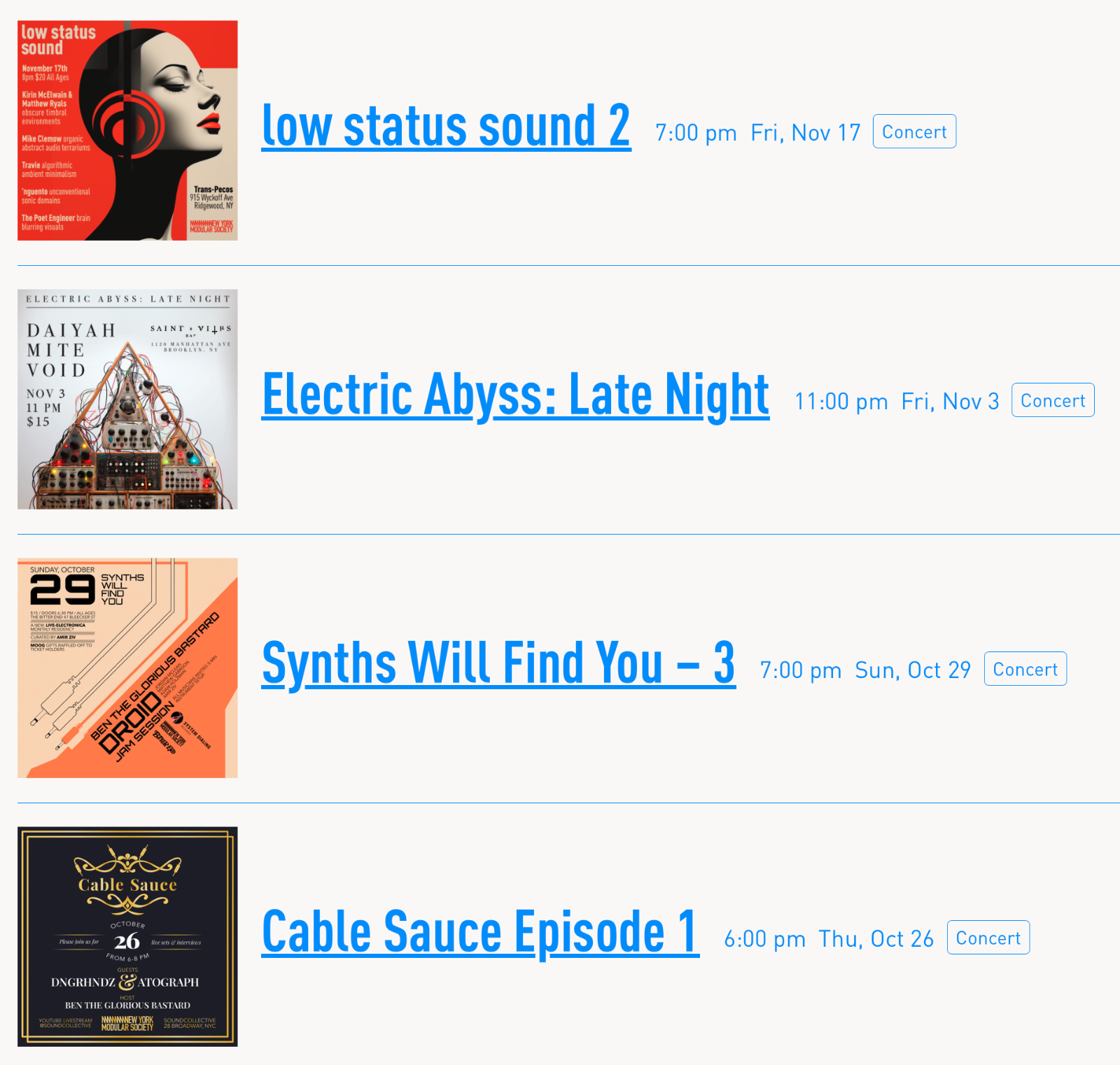
1. Pick a Date (With Backups)
Check the venue’s calendar 6–10 weeks out. Note open weekdays. Mondays and Tuesdays are easy wins, but your crowd might not show. I’ve had the best luck with Wednesdays, Thursdays, and Sundays. Pick at least three options.
2. A Complete Lineup
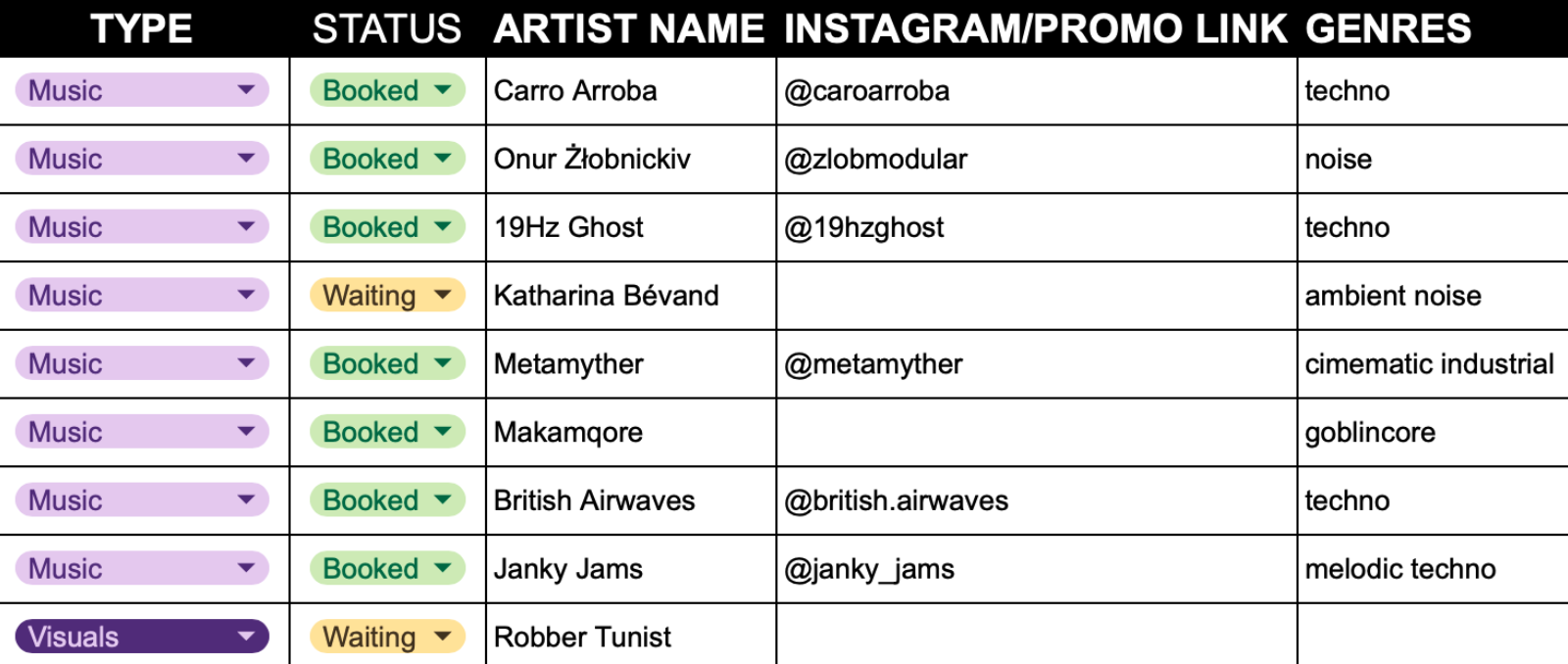
Once you’ve picked your show dates, your next move is locking in the lineup. That means reaching out to artists, confirming they’re available for all your proposed dates, and getting clear commitments. This isn’t a maybe. You need them to say yes.
Ask each artist for links to their music and social media — not just for promo, but because venues often want to vet who’s on the bill. I usually compile everything in a simple table so it’s ready to drop into the booking email.
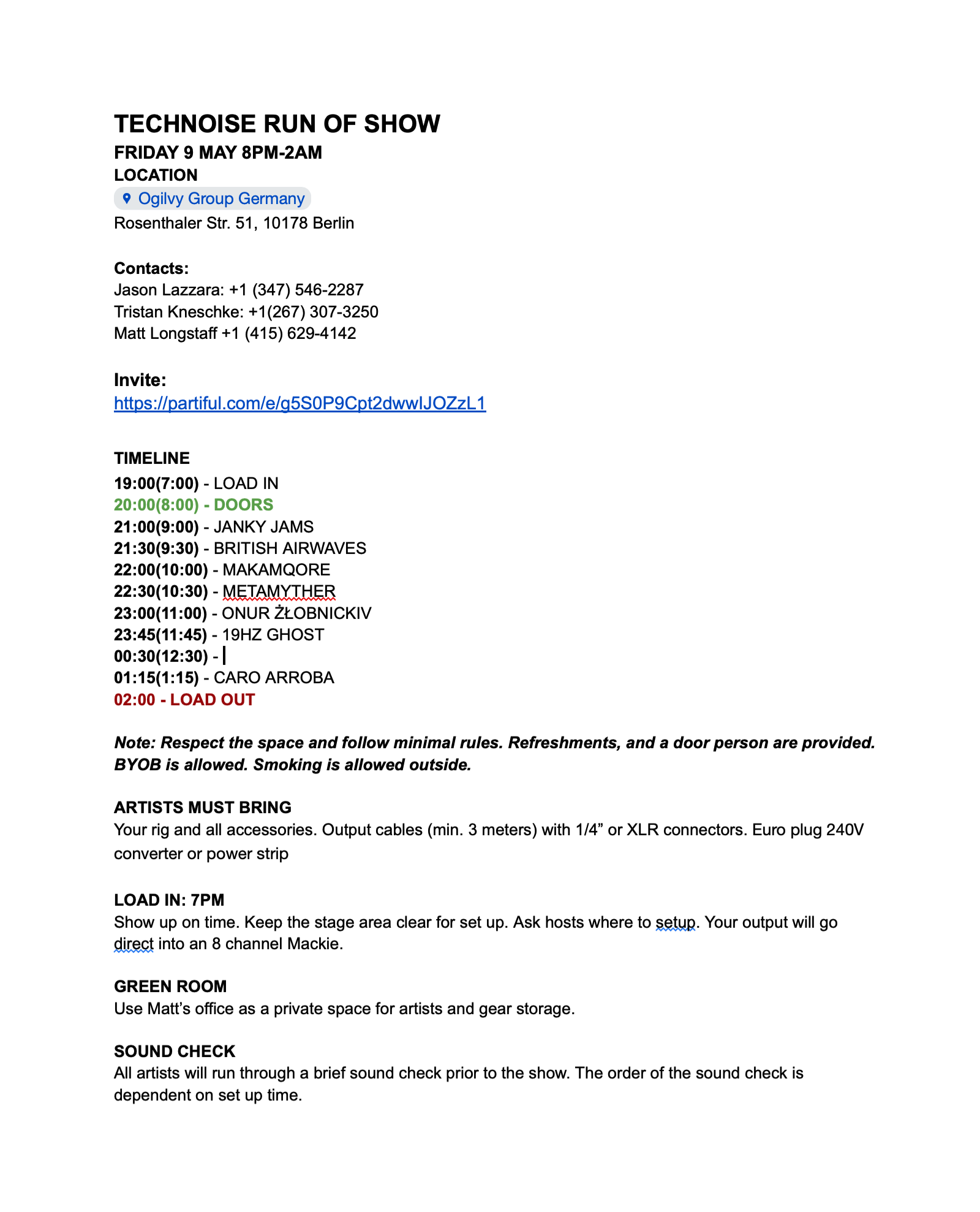
3. A Run of Show
You need a clear timeline so everyone knows what’s happening and when. That includes load-in, soundcheck, set times, changeovers, and wrap-up. Venues and artists love this because it shows you’ve actually thought it through — and it saves you from chaos later.
Here’s my go-to template:
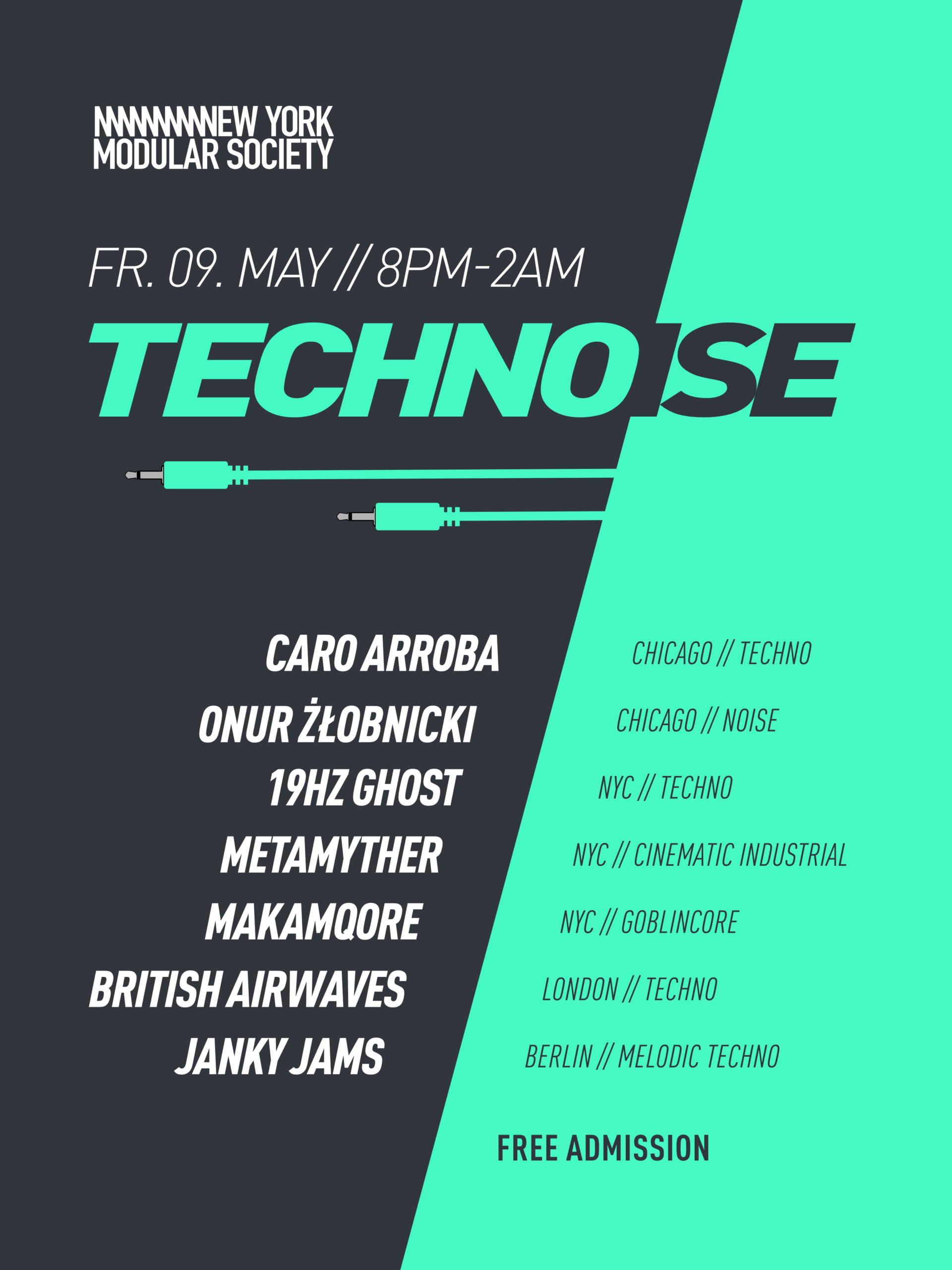
4. An Event Poster
Make a poster — yes, before you send the request. If you’re not even willing to mock up a basic flyer, why should a venue trust you to fill a room? It doesn’t have to be gallery-ready. Just include the lineup, a rough date, and a name for the night.
Most people email asking for gigs without offering a single visual or plan. Don’t be like most people.
A poster shows you’ve thought it through. It tells the venue you’re serious, not hoping they’ll do the work for you. And once you’ve made it, the show stops being an idea and starts being real. That changes how people respond, including you.
These four things are about 80% of the work.
What’s the Other 20%?
Be Realistic About What You Can Offer
Are you bringing a crowd? Are you charging at the door or playing for free? Will your audience drink, or is this a dry ambient night with zero bar pull? Be honest about what your event is and what the venue can expect. That clarity builds trust. And if what you’re offering is a Tuesday night noise set? Own it. Say yes to weird slots — early, late, off-night, short notice. It all adds up.
Be Easy to Work With
Show up early. Don’t flake. Don’t ask for dumb things. Promote the show. Share the flyer. Tag the venue and promoter. Engage like you care.
That’s how you get booked again.
Keep Going
You’ll get ghosted. Venues will double book. Some will lie, cheat, and straight-up steal from you. Looking at you, Gold Sounds. But if you keep showing up, you’ll build relationships — and it gets easier.
Booking isn’t about you getting to play. It’s about everyone — the venue, the staff, the artists, the audience. And above all, it’s about being dependable. Venues aren’t sitting around hoping a genius will cold-email them with an idea. Prepare. Follow through. Be clear. Respond when they reply. That alone puts you ahead of most people trying to book shows.
And if no one’s biting? Book your own night. Find a space, make a poster, invite your friends. That’s how scenes start.
Booking is a skill. The more you do it, the better it gets. So make the plan, send the email, and keep going.


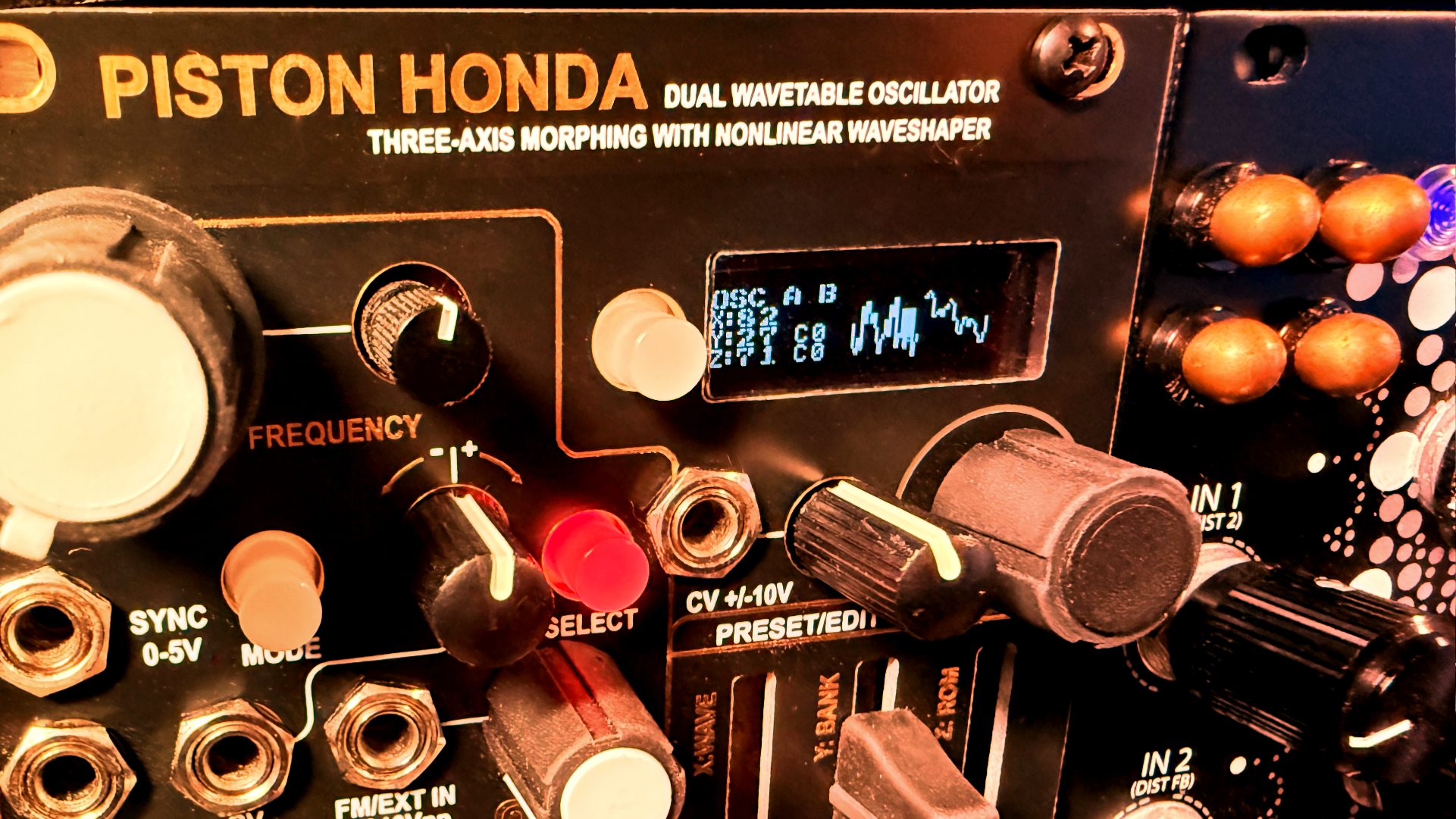
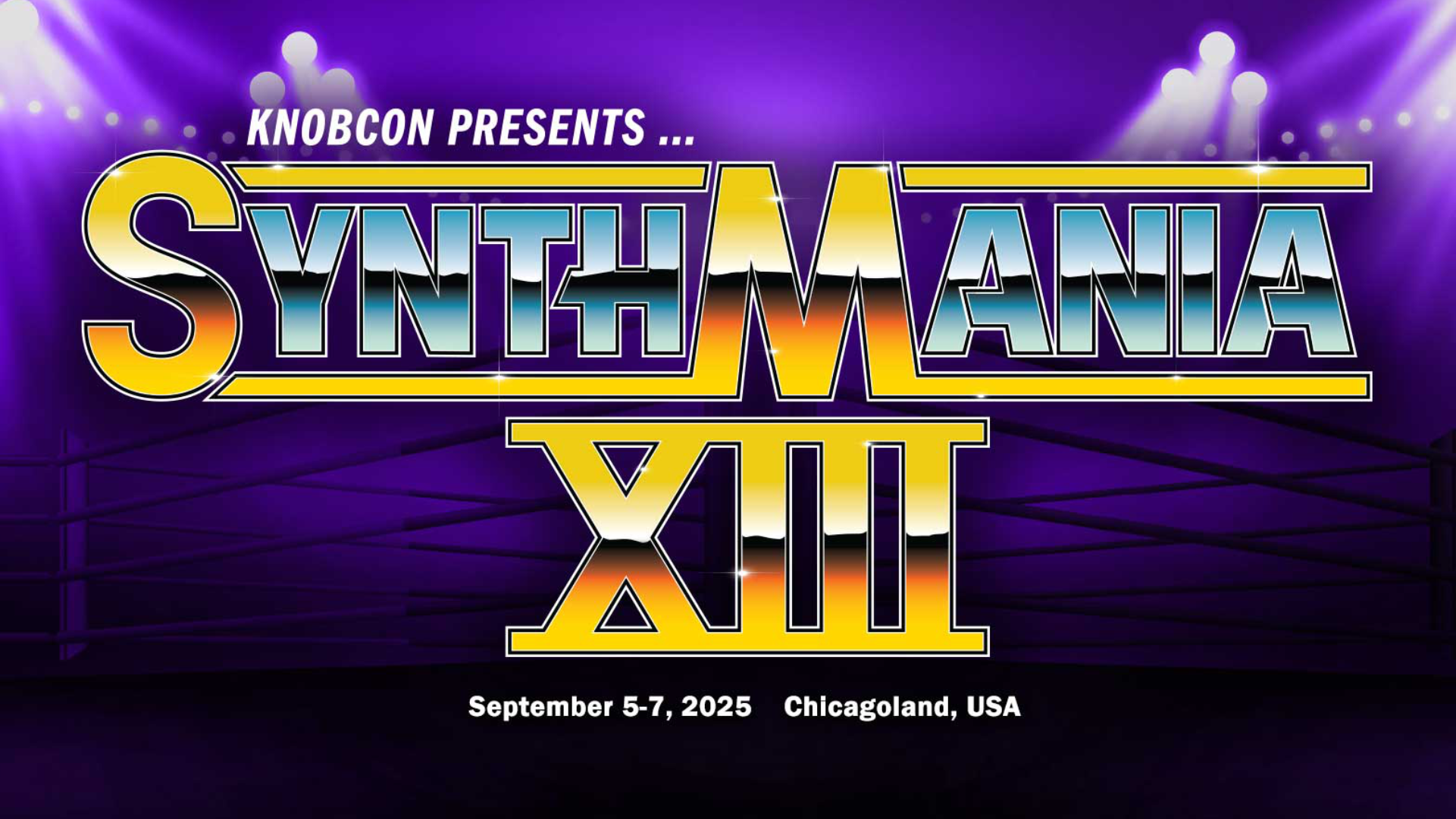
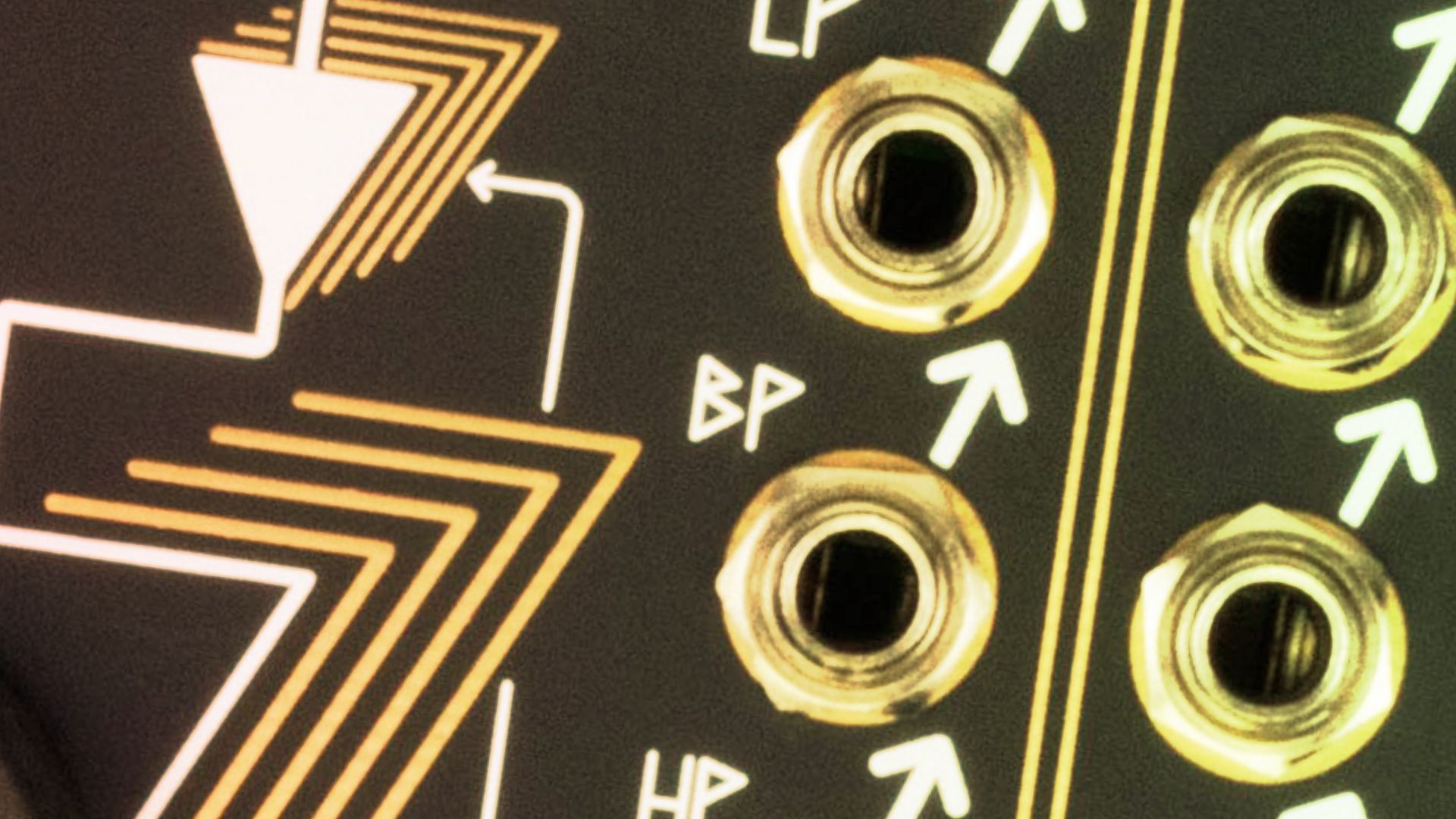
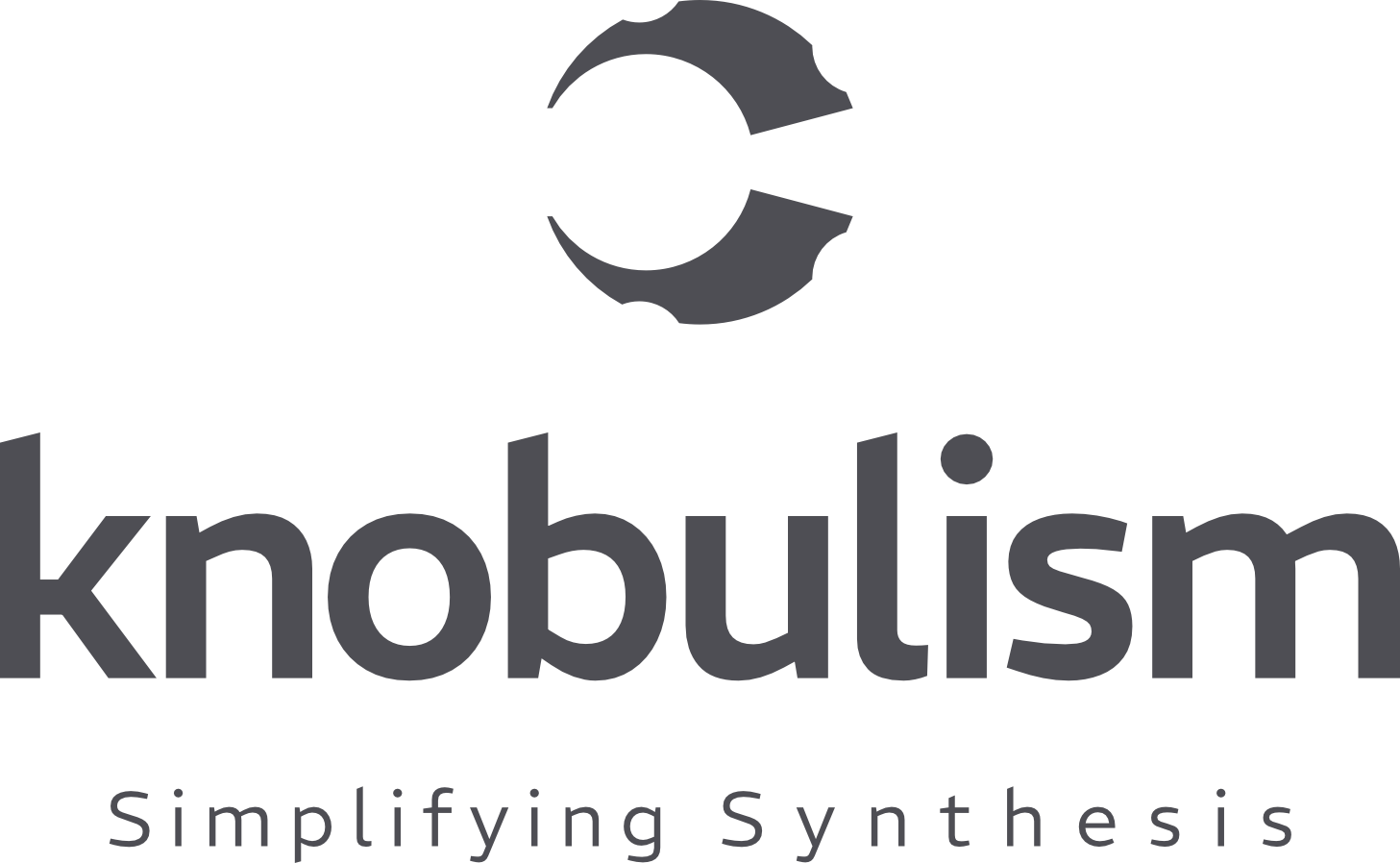


Great content!!
Thanks Doc. I know a lot folks struggle with this one, and I hope this article helps them get a show!
Thanks for the template